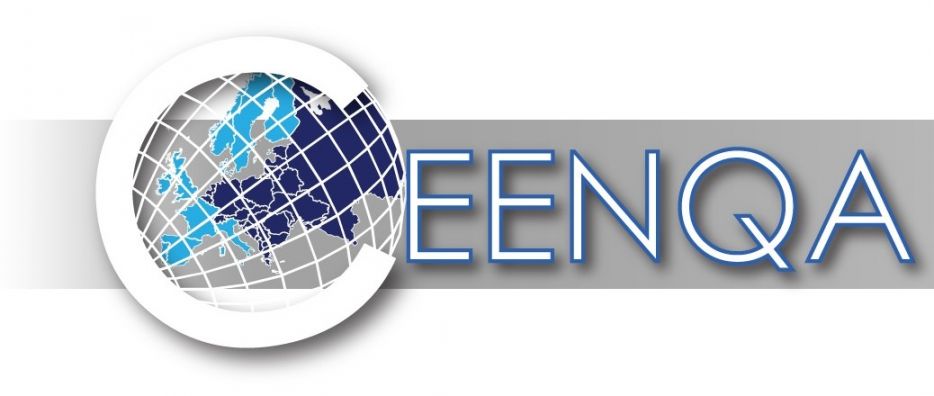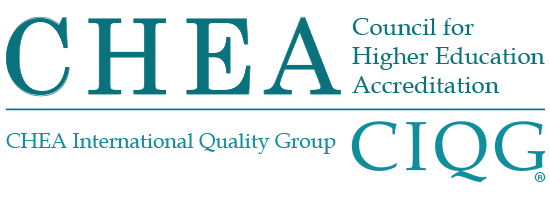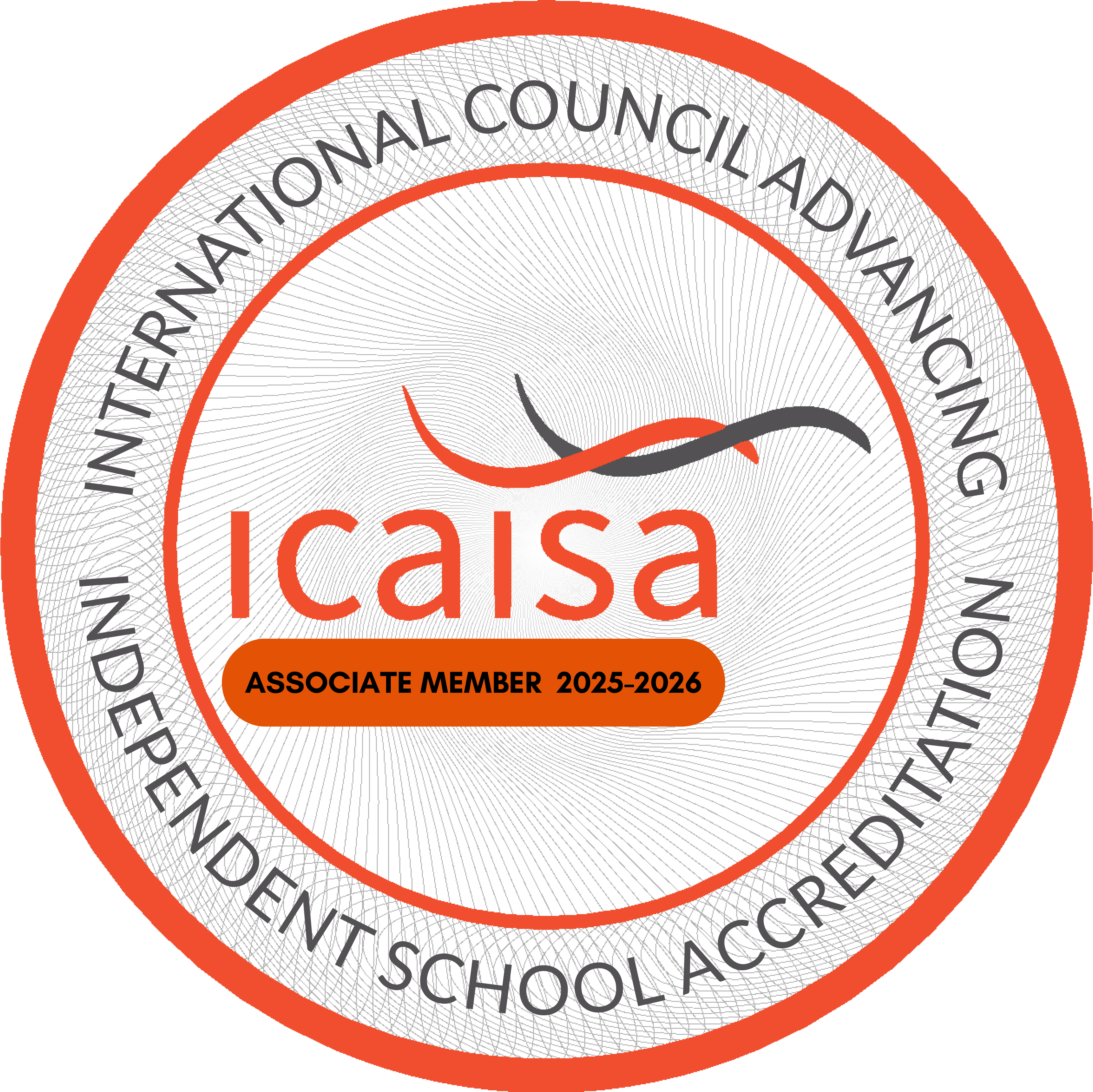
October 16, 2020 The Independent Agency for Quality Assurance in Education (IQAA) organized the Third Annual Eurasian Forum on Quality Assurance in Higher Education. This year's theme "Distance Education in the context of Pandemic: Teaching, Learning and Assessment" covered the most relevant issues in the education system today.
The IQAA Forum dates back to 2018, where for the first time representatives of kazakhstani and foreign universities and accreditation agencies had the opportunity to share their experience and knowledge in the field of education and assessment.
Last year's forum gathered more than 170 participants and was organized on the basis of the Astana International Financial Center. The current situation in the world and the country did not affect the plans of IQAA, and this year, which has already become a tradition, the Forum was held in a distant format on the ZOOM platform.
The relevance of the event's theme, the qualitative composition of the speakers together with the convenience of the organization to create a powerful platform for the exchange of ideas. Almost three hundred participants (286) took part in the Forum, including 218 participants from Kazakhstan - rectors, vice-rectors, teachers and students of leading kazakhstani universities. I would like to note that the geography of Forum participants has significantly expanded. This year, 38 representatives of foreign organizations from 15 countries took part, such as Austria, Azerbaijan, Great Britain, Germany, Georgia, Egypt, Kyrgyzstan, Lithuania, Mauritius, Poland, Russia, Slovenia, Ukraine, Uzbekistan, and Estonia.
The Forum program consisted of two parallel and two panel sessions. This format of the event program allowed all participants to cover as many topics of interest as possible in the context of distance education.
The coronavirus pandemic has had a significant impact on higher education worldwide. The transition of educational institutions to a distant format allowed us to create a unique experience that participants are ready to share on the Forum site. Along with new approaches to teaching and learning, issues of quality and evaluation of higher education were also discussed.
Opening the event, Head of the IQAA Supervisory Board, ex-Minister of National Economy of RK, ex-Minister of Education and Science of RK, Advisor to the General Director of "Kazakh Institute of Oil and Gas", Professor, Candidate of Economic Sciences Zhaksybek Kulekeyev, noted that in a pandemic, higher education, and all who are faced with a new reality, makes their experience of this forced and rapid digitization. Perhaps it is now that the most favorable conditions are emerging for educational organizations to develop new strategies for development, take a fresh look at the core of modern education, and understand what tasks to set for the near future. After all, it is important to remember that the current situation has also become a kind of catalyst for change.
President of IQAA Sholpan Kalanova in his greeting wished everyone fruitful work, constructive dialogue and effective interaction.
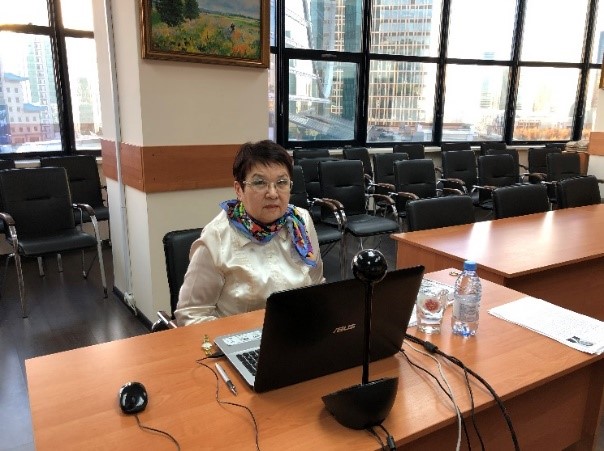
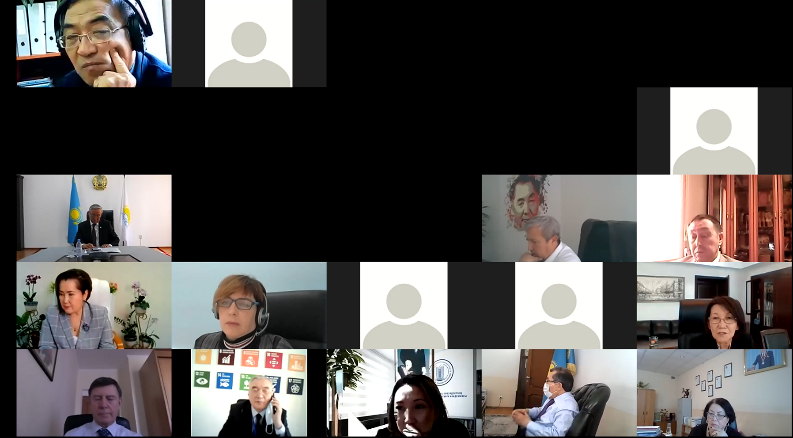
Rectors, vice-rectors and representatives of leading kazakhstani universities presented their experience in implementing the educational process in distant access.
Presentations were made by: rector of the Abai Kazakh National Pedagogical University Takir Balykbayev, rector of the International IT University Raissa Uskenbayeva, first vice-rector of Al-Farabi Kazakh National University Mukhambetkali Burkitbayev, vice-rector for academic affairs of Satbayev University Rinat Iskakov, deputy chairman of the board and vice-rector for academic affairs of Zhangir Khan West Kazakhstan Agrarian-Technical University Nurken Gubashev, board member, vice-rector for academic affairs of the Buketov Karaganda State University, professor, candidate of technical sciences Bekbolat Nussupbekov, vice-rector for educational and methodical work of East Kazakhstan Technical University Zhadyra Konurbaeva.
President of the Republican student movement "Alliance of Students of Kazakhstan" Ilyas Tustikbayev presented his report on the part of the students. The topic of external assessment in the context of the pandemic was highlighted by the representative of IQAA - head of the accreditation department of universities and colleges Karlygash Jigitcheyeva.

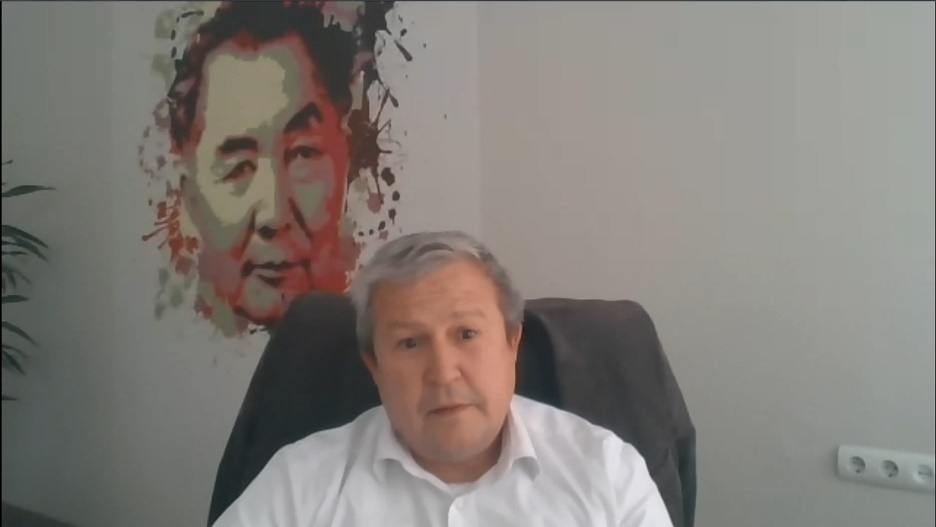
Foreign speakers included: rector of Baku State University Elchin Babayev (Republic of Azerbaijan), vice-rector for academic affairs of Kaluga State Pedagogical University (Russia) Sergey Zaikin, head of the center for licensing, accreditation and quality of education Anastasia Lyfenko, professor of Kiev Medical University Olesya Linovitskaya (Ukraine).
The second part of the event, dedicated to assessment in the context of distance education, was presented by international speakers from leading foreign accreditation agencies and universities.
Director of the kyrgyz agency for accreditation of educational programs and organizations (AAOPO) Baktybek Ismailov (Kyrgyzstan) shared with the participants how the kyrgyz quality assurance system in education has adapted to the changes associated with the pandemic.
Member of the Board of Directors of INQAAHE (International Network of Quality Assurance Agencies in Higher Education), General Director of AKKORK Erika Soboleva (Russia) highlighted the main points of accreditation in the framework of distance education in Russia. Maiki Udam (Estonia), member of the IQAA Supervisory Board and project coordinator of the Estonian Agency for the Quality of Higher Education (EKKA), described how the external evaluation was conducted in Estonia. Aurelija Valeikine (Lithuania), Deputy Director of the Center for Quality Assessment in Higher Education (SKVC), shared Lithuania's experience in distance education assessment.
One of the most important results of the event was a speech by representatives of British Accreditation Agency for Quality Assurance of Higher Education (QAA). Quality and standards manager of QAA Andy Smith and quality manager of QAA Derrik Ferney delivered a report on the results of a study of successful practices and challenges faced by 60 UK universities.
The final speaker of the III Annual Eurasian Forum on Quality Assurance in Higher Education, dedicated to distance education, was a special guest - Dean of Accreditation and Quality management and Director of Program Management and Teaching and Learning Support at WU Vienna University of Economics (WU Vienna University) Oliver Vettori (Austria). At the end of the Forum, he generated an interesting discussion among the participants of the event on adapting education and assessment systems to the unstable conditions of our time. Full programme of the forum is available here.
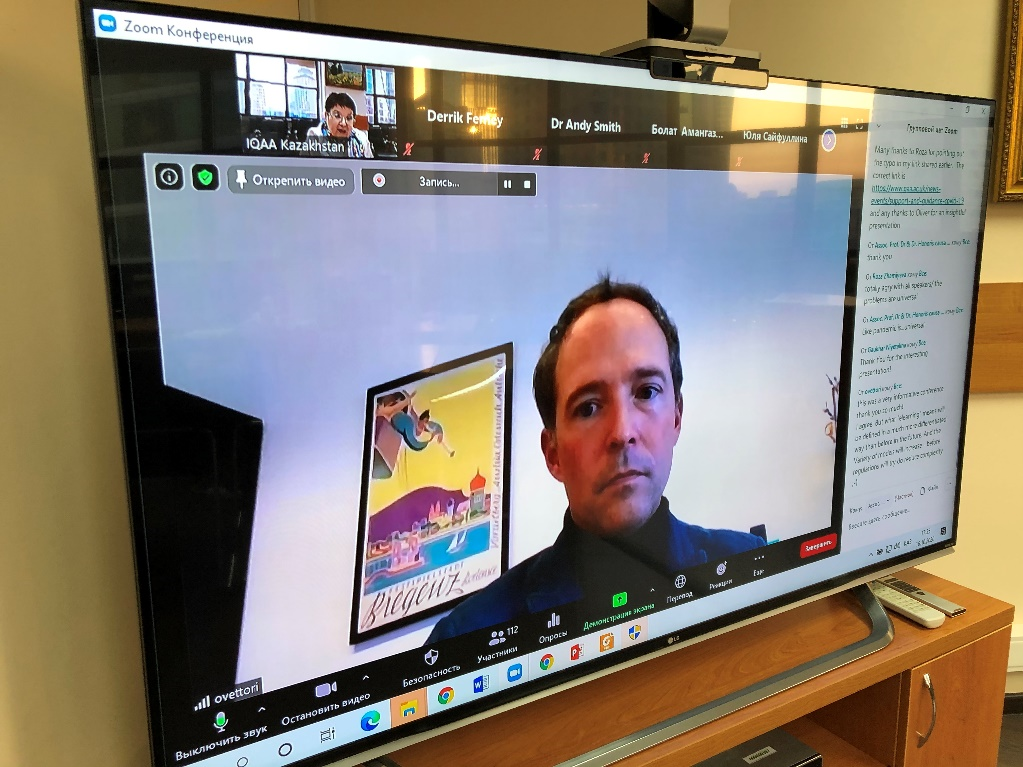
Moderators, as well as leading experts and representatives of the education sector in Kazakhstan, played an important role in the Forum's productivity. Among them were such important figures as the rector of the Kazakh National Women's Teacher Training University Gauhar Aldambergenova, rector of Karaganda Economic University of Kazpotrebsoyuz Erkara Aimagambetov, head of the IQAA Accreditation Council Sergey Udartsev, Head of the Committee for the Development of Human Capital and Social Policy of Business of the Presidium of the NCE RK "Atameken" Talgat Doskenov, vice-rector for academic activities of the Academy of Public Administration under the President of the Republic of Kazakhstan Aigul Zeinoldanova and President of IQAA Sholpan Kalanova.

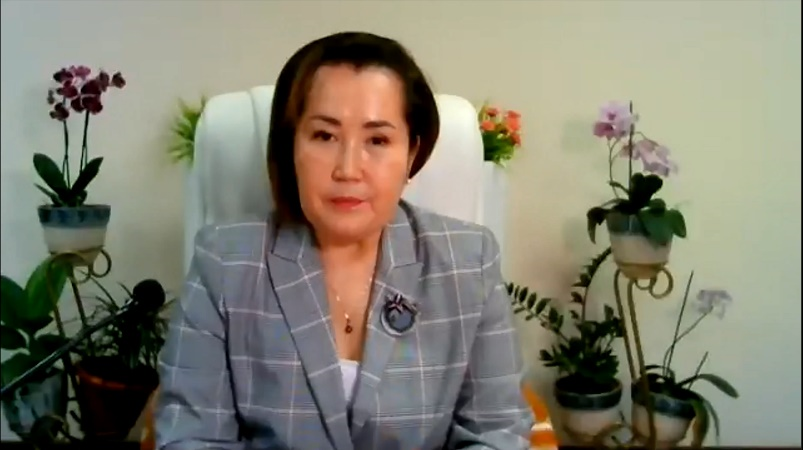
During the parallel sessions, participants were presented with an extensive selection of topics for speakers ' presentations within the main direction of the forum, which allowed everyone to extract the most relevant information for themselves and ask questions. All sessions were very productive and interactive, as well as interesting discussions.
Participation in the III Eurasian Forum on Quality Assurance in Higher Education is a guarantee of getting new ideas for promising areas of development of the higher education system from leaders in the field of education and quality assurance. Awareness of new opportunities in the context of distance education will make it possible to take a new step towards improving the competitiveness of higher education.
Forum materials will be available to participants of the event and sent by e-mail.

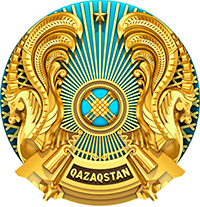



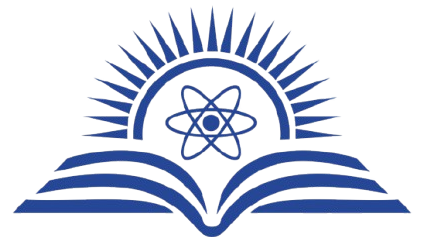 Ministry of Science, Higher Education and Innovation of the Kyrgyz Republic
Ministry of Science, Higher Education and Innovation of the Kyrgyz Republic


